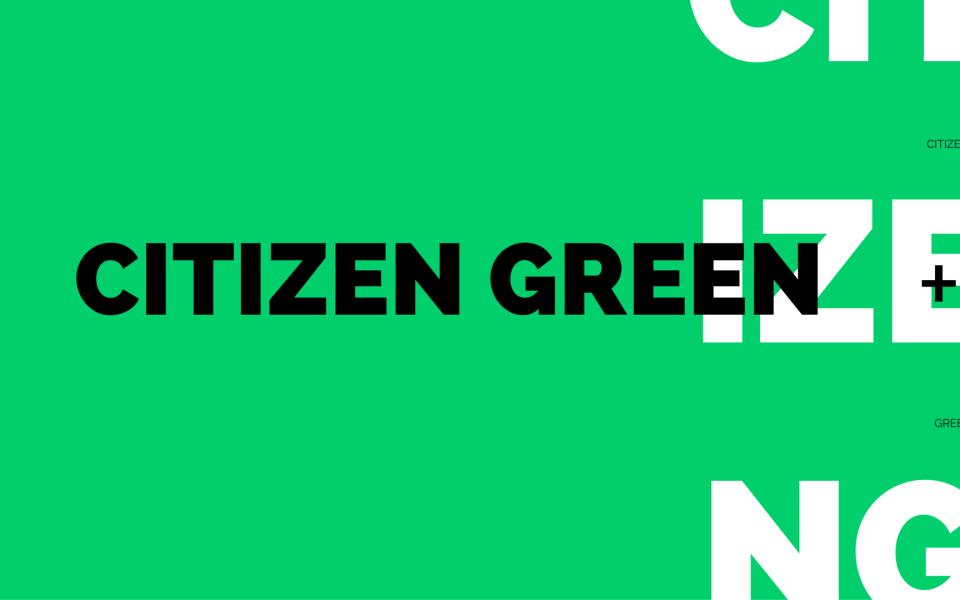In this presidential election season awash in vitriol, insult, hyperbole and fear largely thanks to Donald Trump, recent episodes of police abuse have left people’s nerves completely raw, as the demands of reform proponents collide with conservative white backlash.
While completely justified, the anger has taken on a viral quality, with public awareness of black men dying at the hands of the police reaching critical mass, and then moving episodically from Baton Rouge and suburban Minnesota to Tulsa and then to Charlotte. The same day Charlotte police officers swarmed over Keith Lamont Scott and killed him in the presence of his distraught wife, Greensboro City Council wisely voted to release a video of a Greensboro police officer brutally attacking Dejuan Yourse and dragging him from his mother’s porch.
The public outrage about Yourse’s treatment — again, completely justified outrage — has manifested in online comments by some that are intemperate and vitriolic. My colleague, Eric Ginsburg’s excellent coverage of the Yourse incident, exploring the internal investigations into the actions of officers Travis Cole and Charlotte Jackson, attracted a phenomenal level of interest. Referrals from national websites tracking stories about police abuses helped two of the stories rack up a combined 26,000 page views in just a few days. One poster, identified as Riot50000, commented that he hoped Micah Johnson, the former Army reservist who killed five police officers in Dallas, “finds” Cole’s “entire family,” adding, “Psychopaths respond to one thing only — death blow [sic].” Another poster, arguing in support of the police, responded that he hoped that police officers who have killed black men “find you and put savages like you down.”
Unfortunately, some of the comments stayed up on our site for as long as three days, and we’ll have to do a better job in the future of vetting reader responses to ensure that our digital home remains a place for respectful dialogue. These comments, which contribute to a climate of violence, are clearly unacceptable.
The fact that some hold no inhibition about promoting violence points to a worrisome trend in our national discourse. No political stance based on denying the humanity of one’s adversaries holds any hope for a future worth fighting for. Conversely, any movement with a holistic vision must leave open a door for the conversion of the oppressor, for eventual reconciliation and a society where the dignity and worth of all are upheld.
The “war on drugs” declared by President Nixon in 1971 — encouraging police to view citizens as enemy combatants — set the foundation for the dehumanizing rhetoric that has recently exploded with the backlash against Black Lives Matter. Milwaukee County Sheriff David Clarke, a speaker at the Republican National Convention and one of the most extreme voices against police reform, called the protesters in Charlotte “subhuman” during a Sept. 21 appearance on Fox News. As noted before in this space, Clarke has previously written in an op-ed piece published in the Hill: “This is a war, and Black Lives Matter is the enemy.”
When anyone is reduced to the status of an enemy, it stands to reason that they should be liquidated and crushed. No one holds respectful dialogue with enemies.
While not as inflammatory as some of his other comments, Trump’s response to the Charlotte protests essentially served to stoke the fears of his white supporters for political gain. After two days of violence, the Wall Street Journal reported that Trump told supporters in Pittsburgh: “If you’re not aware, drugs are a very, very big factor in what you’re watching on television.”
That would probably be news to the most militant protesters as well as those who advocate nonviolent direct action: People involved in the illegal drug trade tend to be politically apathetic and mainly interested in flying below the radar. But the unmistakable message to Trump’s conservative white supporters is that the nation needs a strong leader to tamp down on “urban disorder.”
Not that we don’t need real reform — laws to ensure public access to police video, accountability so that officers who violate the public trust are prosecuted for murder, better training to sensitize police about implicit bias and teach them to deescalate confrontations — but the quality of the discourse matters, too.
In that sense, Hillary Clinton’s visit to Charlotte on Sunday hit the right note. While acknowledging that black children have to fear for their safety and security in ways that white children don’t, Clinton insisted on upholding the worth of both people in the black community and police officers.
“Being stronger together with this common vision means rejecting those forces that try to pit us against each other,” she said. “We can acknowledge that implicit bias still exists, not just in police departments but throughout our country, without vilifying police officers.”
Black lives matter was never an exclusive claim; as a slogan, it emphasizes the value of black lives in particular because repeated incidents of black men dying at the hands of the police and the almost complete lack of justice and accountability says otherwise.
Join the First Amendment Society, a membership that goes directly to funding TCB‘s newsroom.
We believe that reporting can save the world.
The TCB First Amendment Society recognizes the vital role of a free, unfettered press with a bundling of local experiences designed to build community, and unique engagements with our newsroom that will help you understand, and shape, local journalism’s critical role in uplifting the people in our cities.
All revenue goes directly into the newsroom as reporters’ salaries and freelance commissions.


Leave a Reply